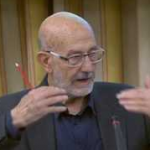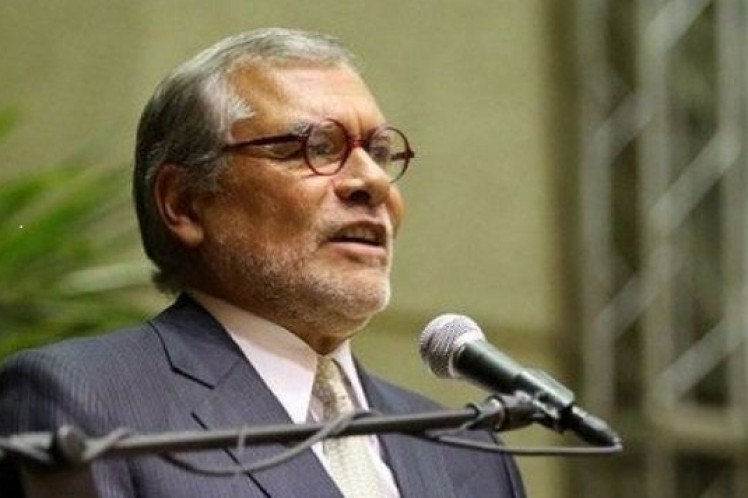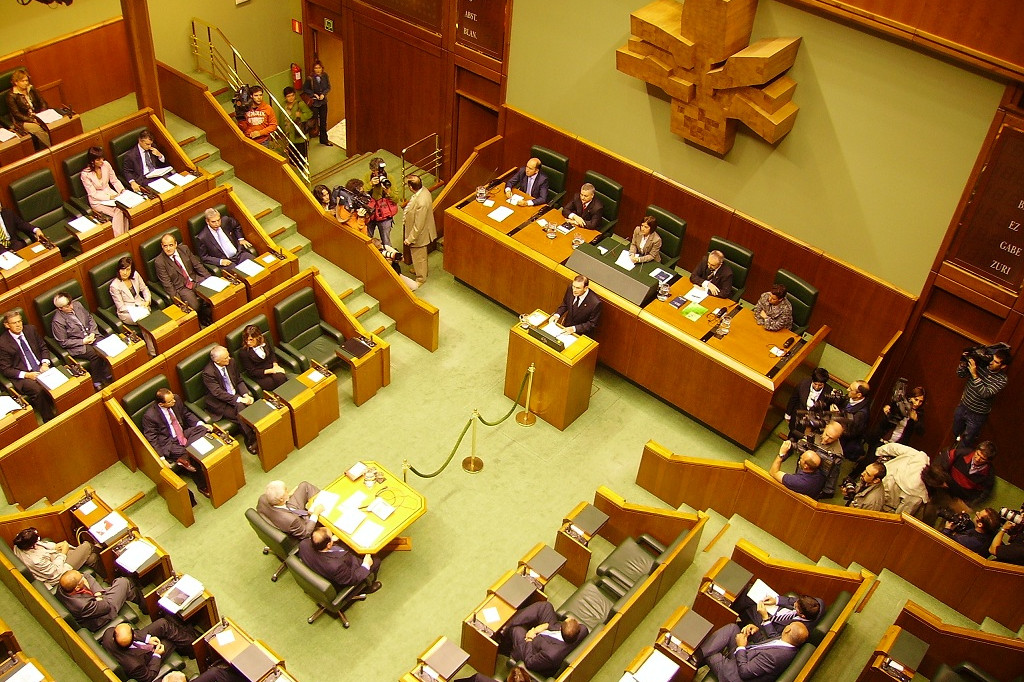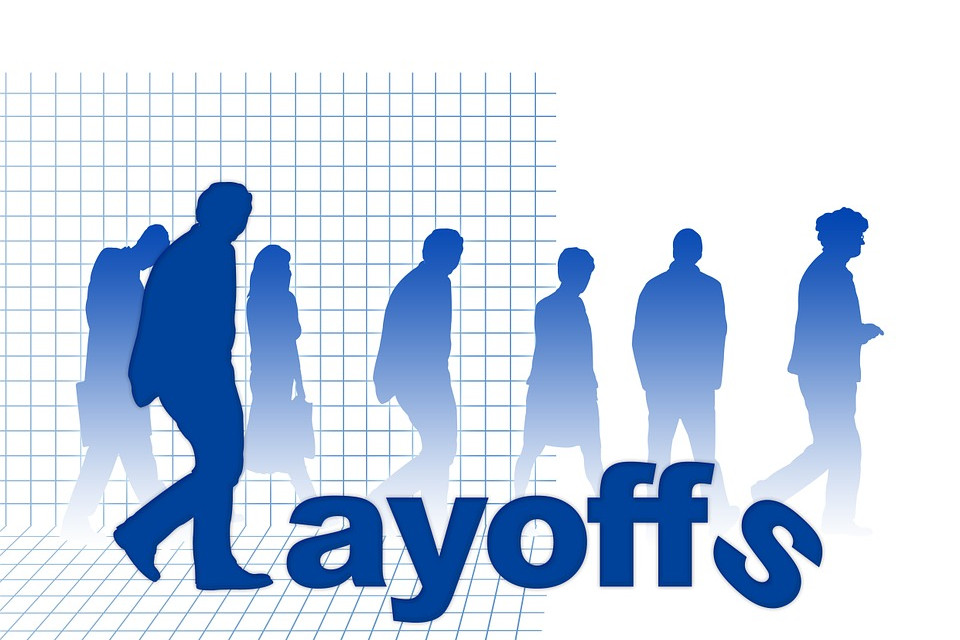Cifuentes' Master's Degree, the abusive urban redevelopments, the Gürtel, the black cards... The list of scandals is long. In any country of those around us, one of these scandals would have sufficed to take the government party ahead. But, here, the Government remains as if nothing of that concerned to him. The spread of corruption is a worrisome issue, and, indeed, increasingly concerns the general public, as all recent surveys present. and it is worrying, not so much because of the looting of public funds, but also because it breaks the trust that the general public need to deposit in those who exercise the government of the nation. If the leaders prefer, above all, to enrich themselves and enjoy undue privileges, how can we be sure that many decisions, including those that require sacrifices for the sake of the general good or a better future, are not taken for spurious reasons, to favour to those who, in turn, the leaders profit from?
Does this mean that everything rests on politicians' propensity for honesty? No. Because there are policies that favour or even necessarily involve corruption and others that, to take them forward, demand a reasonable, and always expected, moral integrity from those who have to implement them. For this reason, focusing all the political effort on corruption, understood simply as an ethical problem, is as much or more pernicious than not taking it into account. It is true that the Popular Party has reached levels of corruption never before seen in times of democracy. It has become systemic, with devastating effects for institutions, political life and the functioning of the economy. For all of these reasons, the culprits currently in power deserves to be removed, defeated at election time and replaced. However, replaced by whom and for what? The essence of the PP government action is not the moral defect of corruption and, in fact, its leaders dare to treat it as something marginal, limited to a few straying sheep.
THAT WHICH IS ESSENTIAL, LINKED TO CORRUPTION: THEIR ECONOMIC POLICY
That which is essential, linked to corruption, is their economic policy, one that has caused the full effect of the crisis to fall on the backs of those who work and, in their ranks, those who have least. A policy that, now that the economic recovery is beginning and not because of its merits (it occurs in all the countries in the European Union), tries to consolidate low wages and job insecurity, while the benefits and power of large companies continue to increase, some of which illegally fund political parties. The significant thing is also a health policy that reduces the resources of the public sector, while it favours, through contracts predatory on the Administration, a private sector which limits itself to extracting maximum profits and facilitating managerial positions to several retired PP politicians. What we have to question is a social policy that has abandoned the goal of serving the elderly dependents, at the same time using billions of Euros of their funds to rescue companies that tried to profit from, for example, motorways, and having obtained unthinkable Administration guarantees that they could never lose. What is scandalous is to have eight million pensioners hanging from a thread, who do not know how much they will end up getting as a pension, after having worked, and contributed, all of their working life. And all the while future retirees are encouraged to take out private pension plans that only benefit banks and other financial agencies The worrying thing is to have inoculated young people with the fear of having no future other than precariousness or unemployment, without being able to collect subsidies, the lack of housing, a sector eaten away by corruption and left in the hands of speculators, with an uncertain and meagre pension, because they will not have the means to count on the private sector, which is now favoured by the government.
These are some of the "achievements" of the PP, which should be taken into account when going to the ballot box. It is these policies that have allowed corruption to appear today as the cancer of our society.
This is why we need to reject the temptation that a young and virgin political party can represent, as the Ciudadanos present themselves, without a past to be ashamed of, and that promises us zero tolerance with the corrupt. Because, even if they tried to keep their promises, which is not at all certain, in view of some dubious behaviours that we have seen in recent times, what policies will they undertake if they obtains a majority that allows them to form a government, by themselves or in coalition with the Popular Party? Well, policies that will not differ much from the current PP ones, but perhaps with an even more pronounced bias towards a lethal neoliberalism for workers.
THE POLITICAL PARTY CUIDADANOS (CITIZENS) MIGHT INAUGURATE A NEW MODEL OF CORRUPTION
If I were a banker, or a leading businessperson, or had large financial interests, I would prefer and support a clean party, but continue to impose the same policies that benefit me, even if they are harmful to the vast majority. That is what seems to be happening at this moment with the active acquiescence of many citizens, who, naively in my opinion, believe that a change of people, that appeal to younger people, less affected by corruption, can bring cleanliness and the honesty that political life needs and, in passing, solve some of the current inefficiencies. However, it is not credible that this can happen. It is not because that young and unpolluted party will continue to promote the same policies that have plunged the PP into corruption, the country into chaos and inefficiency and brought precariousness and uncertainty to many workers and pensioners.
The same excesses committed by the PP can lead us to think that corrupt practices are so discredited in public opinion that they are a thing of the past and that, with the Cuidadanos party, the end of corruption will occur.
In fact, the replacement on the Right of an old and stagnant party, paralyzed by the accumulation of corruption cases and abuses it is implicated in, by one that is seen as young and dynamic, would only mean the end of corrupt practices if the change of party entailed a radical change of the political line, something that is not expected to happen. At the very most, the Cuidadanos party might inaugurate a new model of corruption, perhaps less focused on individual cases of abuse, privileges, such as the matter of the Cifuentes masters degree, or personal enrichment, in favour of other, even more dangerous practices, in the world of huge companies and of high finance, the same ones that supports them currently.
Yes. Corruption is significant and should be pursued with the greatest force: we cannot vote in favour of corrupt people. However, we cannot decide who to support, who to vote for, based on the supposed moral integrity of the candidates, and even less if it is guaranteed by a party that is in a position to do so, because it is economic and social policies that do not just condition our lives, they condition those of our children and our elders, and also those that lead to the consolidation of corruption.
The rejection of mafia practices, illegal financing, generalised commissions, revolving doors and others, has to apply to all parties.
However, we do not want to elect our leaders simply because we are assured that they will not let themselves be corrupted or we will not let them be corrupted. We want those to whom we consign our vote to develop economic policies actually orientated towards the common good, thinking of the vast majority, long-range policies that ensure a sustainable world for future generations, policies of social and gender equality, policies that are not measured in terms of short-term profitability as understood by those who have more. Moreover, we want to support these policies not only because they improve the lives of the majority, but because they are the ones that, most effectively distance the phantasm of corruption.
It is not possible to imagine that a corrupt party can adopt policies orientated towards the common good. However, if we can imagine that a party that promotes policies favourable to the powerful, dictated to by the interests of those who have more, will eventually end up surrounded by corruption.
Among those who are committed to promoting policies of progress, orientated to the general welfare and give priority to the defence of public service, politicians determined to banish the moral misery of politics will abound. Because it is the policies, dear astute voters, which should guide our vote.











